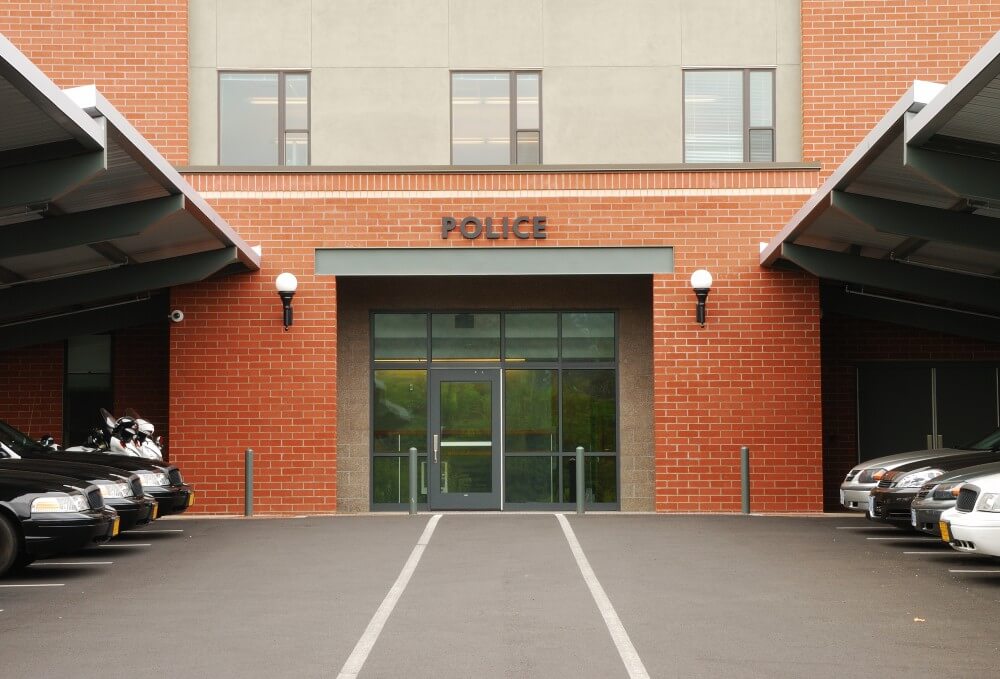Sharing Information Between The Police and Family Courts
Can the Family Court access police records?
Family law cases often involve allegations also being investigated by the police. The police may also have attended incidents or seized evidence relevant to family law proceedings. A police disclosure order made in family proceedings can order the police to provide their records. You should consider what police records you seek and how they will help the case. Consider what the police will have recorded, and how relevant this is to what the court needs to decide. The police can apply to discharge this order if they consider there is good reason not to share the records with the Family Court. This may be because they do not want someone they are investigating to receive the records of their investigations.
How are decisions made on sharing police records with the Family Court?
A new protocol on managing these issues came into force on 1 March 2024 which replaces the previous 2013 Protocol: the 2024 Protocol on Disclosure of Information between Family and Criminal Agencies and Jurisdictions. It applies to the sharing of information between criminal and family agencies and proceedings. It covers private and public family law proceedings, and all material held by the police. It encourages cooperation between public bodies.
Can the police access Family Court records?
Family law cases often involve allegations of criminal behaviour. The police may therefore have an interest in using information from Family Court proceedings. Family proceedings may include disputes about finances, protective orders, or child arrangements. However, the police generally cannot access information from Family Court proceedings without permission.
Can I give Family Court documents to the police?
Family Court documents are generally confidential. However, there are some situations in which information can be given to the police. For example, in family proceedings about children, someone in court proceedings can give a police officer a court judgment to help with their investigation. In other situations, an application may be made for documents to be released to the police.
How does the Family Court decide whether to release documents to the police?
Permission can be given to parties to disclose documents to the police. A police force may also apply for documents from the Family Court to help their investigation. In that event, the Family Court will consider a number of factors including the welfare interests of any children, maintenance of confidentiality, and the public interest in prosecuting serious crime. These issues are complex and it is important to get specialist legal advice.
Here to Help
If you need advice on any family matter, please get in touch with Jessica Few , Solicitor specialising in Family Law.
Please note the contents of this article are given for information only and must not be relied upon. Legal advice should always be sought in relation to specific circumstances.

